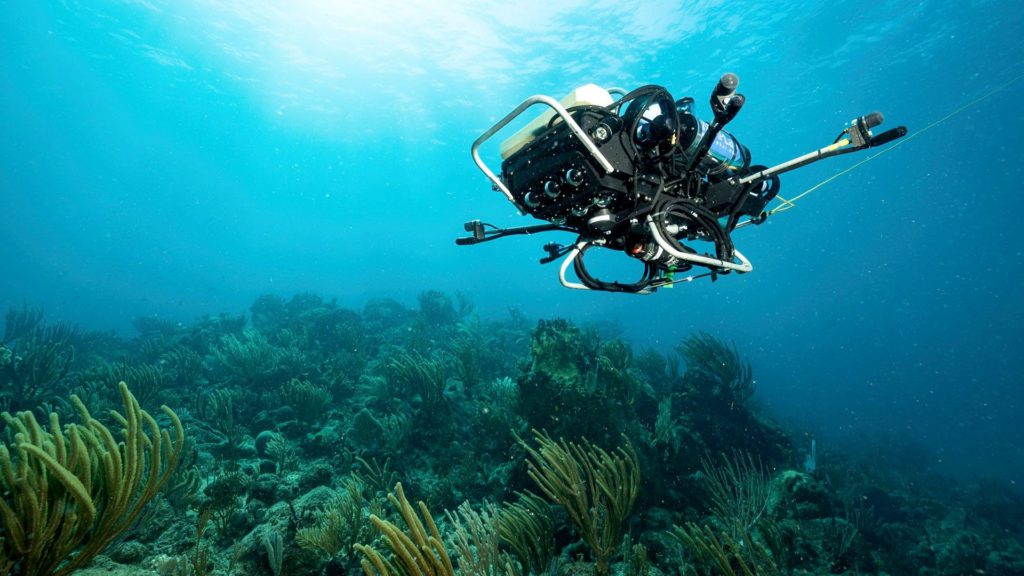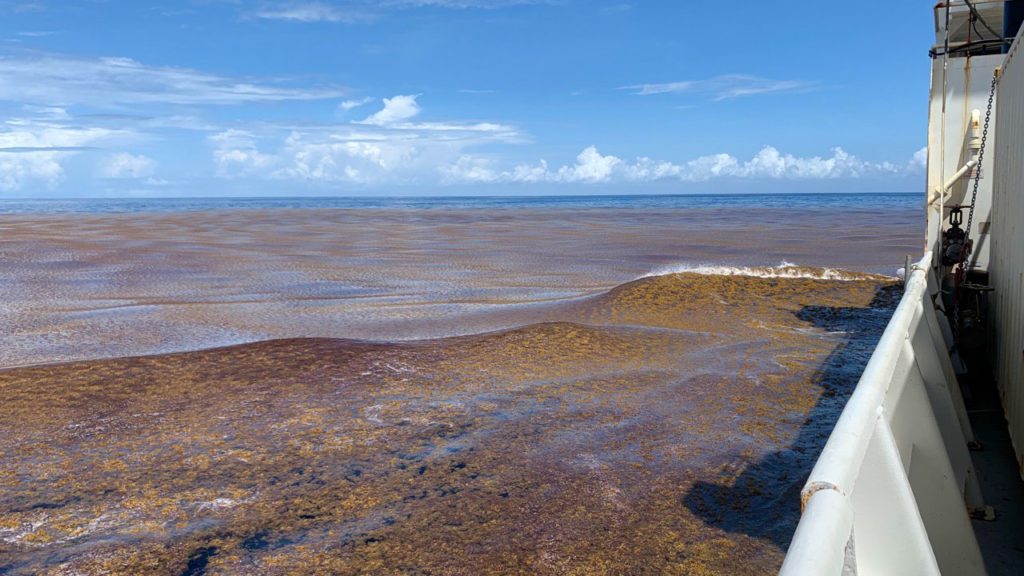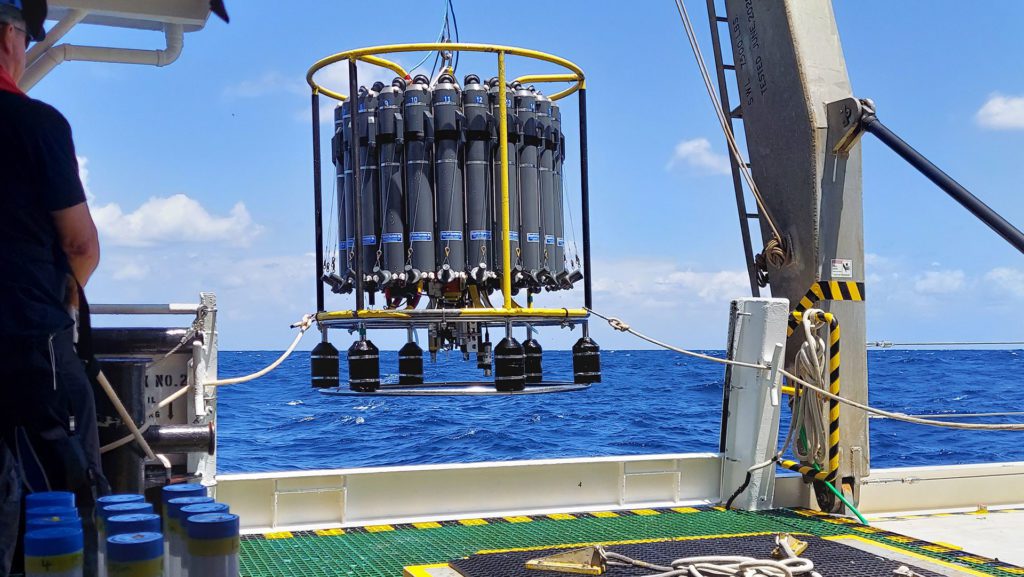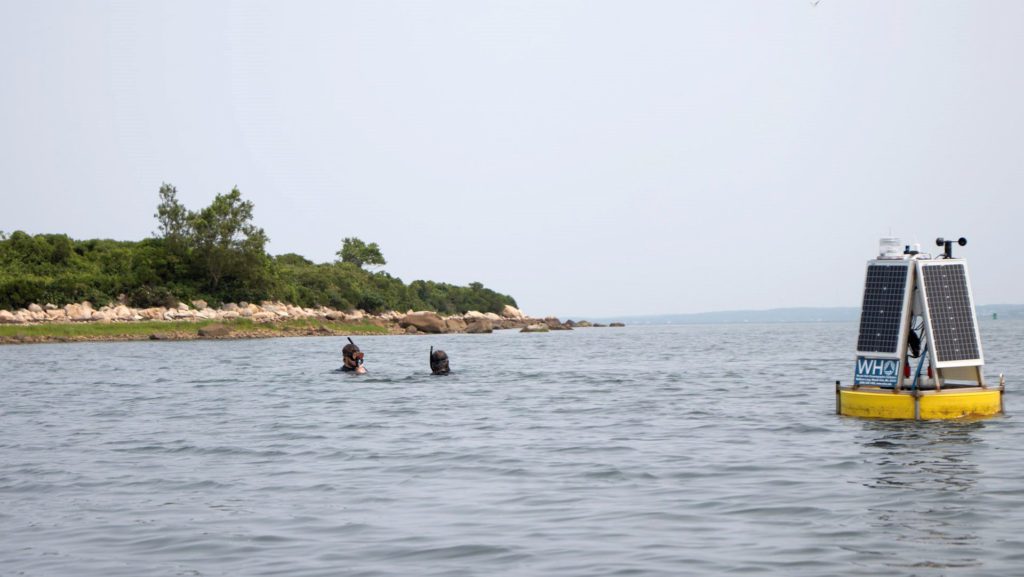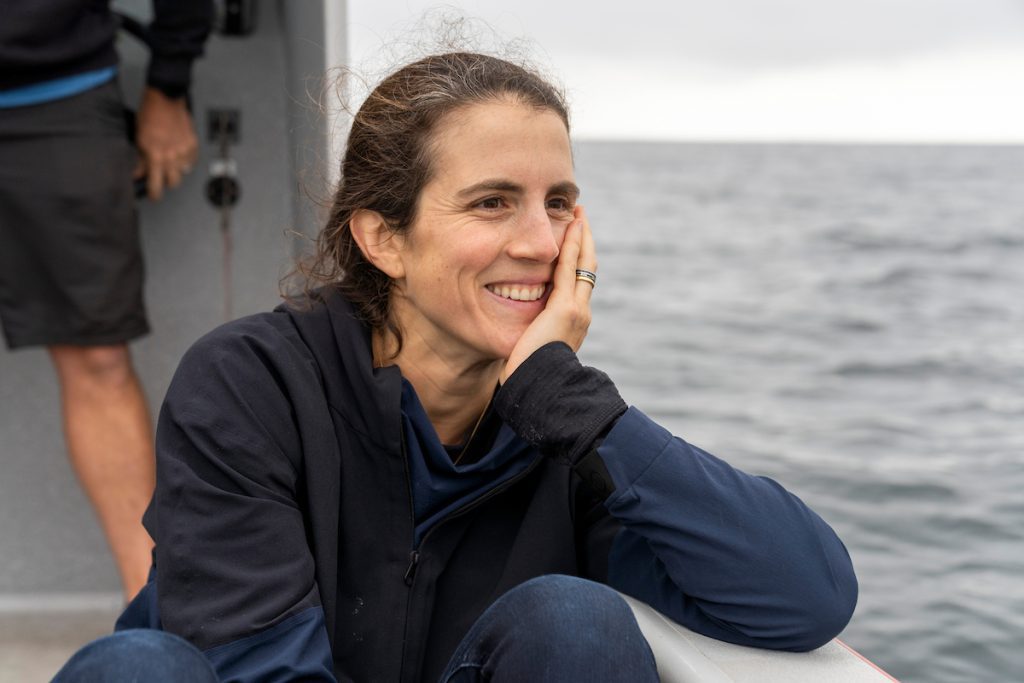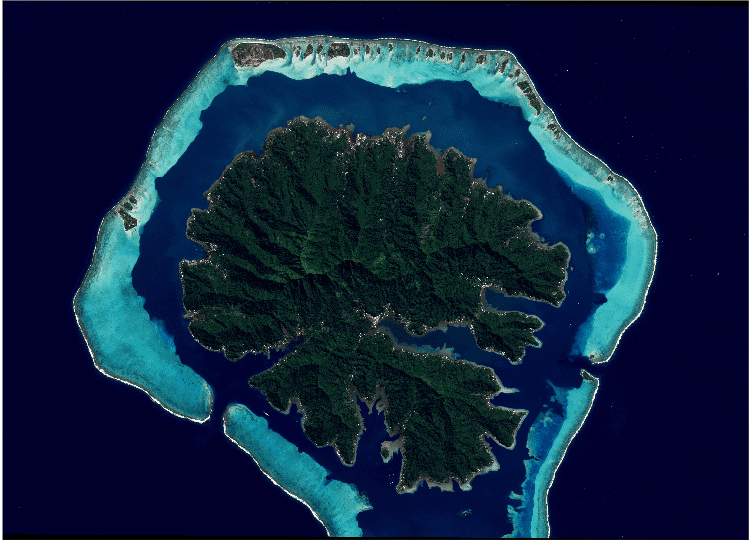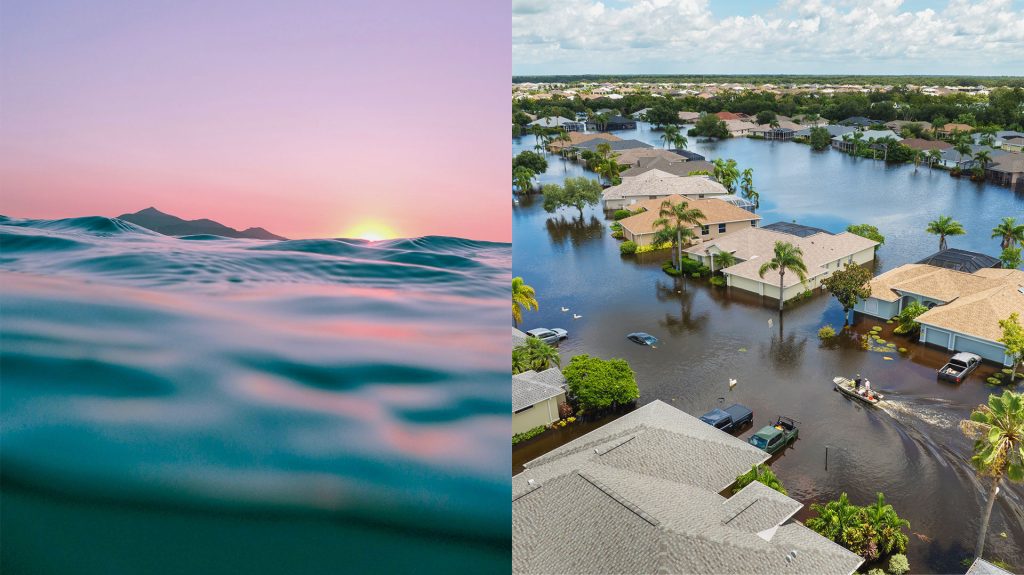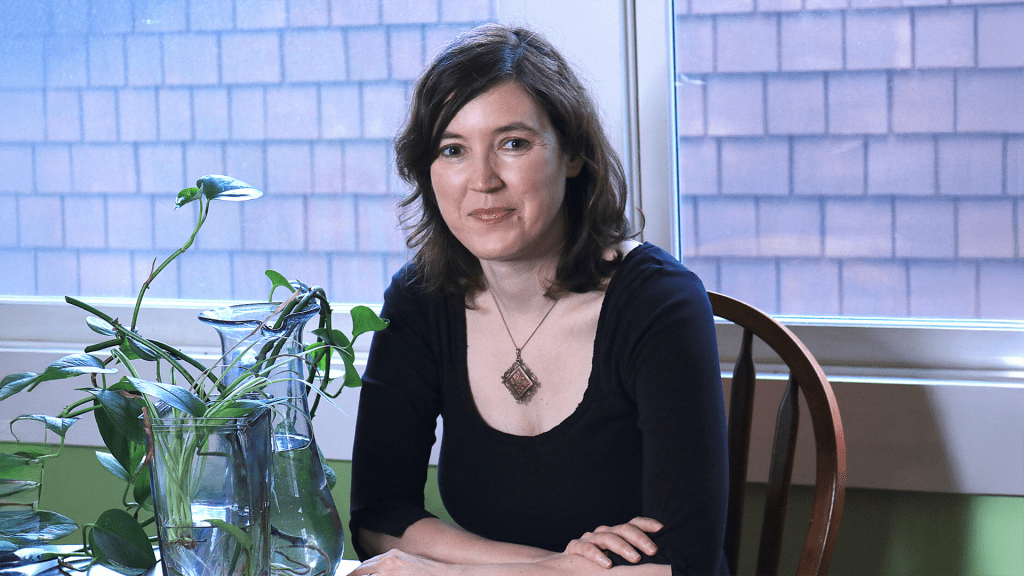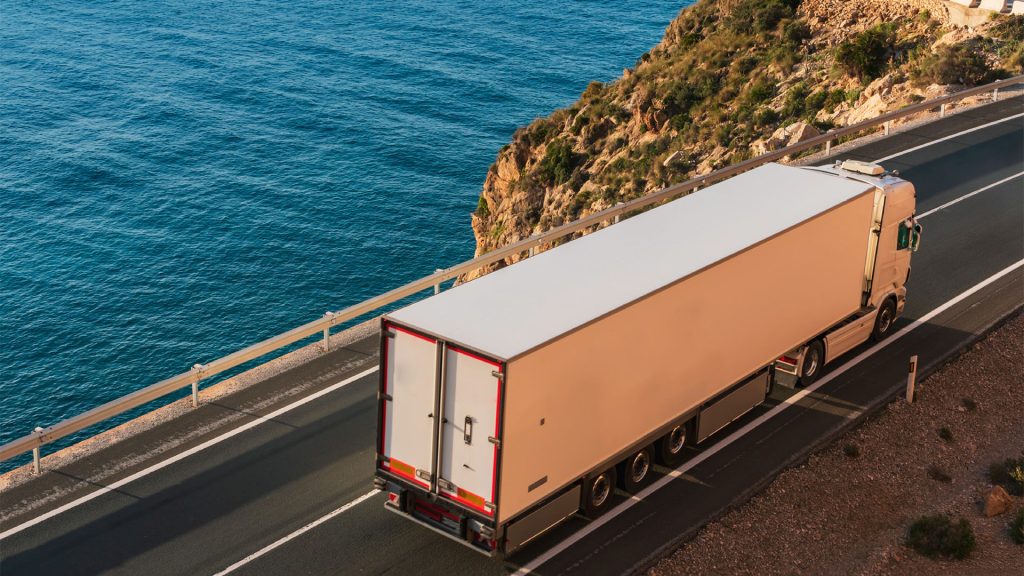Raising Awareness
News
NEWS RELEASES
Toward a New Era of Reef Solutions
WHOI coral reef researchers propose a new technology-centered focus to study and conserve coral reefs
The Great Atlantic Sargassum Belt
Opportunistic sampling shows geographic scope of distribution, offer some of the first sampling opportunities
WHOI Opens 2023 SXSW Conference
WHOI joins experts from Scripps Institution of Oceanography and American Geophysical Union on ocean-based carbon dioxide removal panel
A Better Understanding of Gas Exchange Between the Atmosphere and Ocean Can Improve Global Climate Models
If scientists can improve the way models represent physical processes such as gas exchange, they can have more confidence in future simulations.
Excess Nutrients Lead to Dramatic Ecosystem Changes in Cape Cod’s Waquoit Bay
The Bay Is a harbinger for estuaries worldwide, say researchers
WHOI | OCEANUS
Publications
IN THE NEWS - RESEARCH HIGLIGHTS
Study offers first definitive proof that Gulf Stream has weakened
“New research from the Woods Hole Oceanographic Institution offers the first conclusive evidence that the Gulf Stream has weakened. The powerful ocean current off the East Coast influences regional weather, climate and fisheries, and the finding could have significant implications both for New England and the global climate.”
What Happens to Marine Life When There Isn’t Enough Oxygen?
In September of 2017, Woods Hole Oceanographic Institution postdoctoral scholar Maggie Johnson was conducting an experiment with a colleague in Bocas del Toro off the…
Maine’s having a lobster boom. A bust may be coming.
The waters off Maine’s coast are warming, and no one knows what that’s going to mean for the state’s half-billion-dollar-a-year lobster industry—the largest single-species fishery in North America. Some fear that continued warming could cause the lobster population to collapse. To understand what’s happening to the ecosystem of the Gulf of Maine, says Glen Gawarkiewicz, an oceanographer at Woods Hole Oceanographic Institution, in Massachusetts, you have to look beyond it—see how it’s affected by the atmosphere, ocean currents, and rivers that flow into it.

